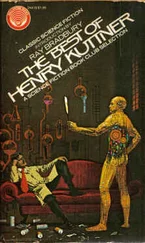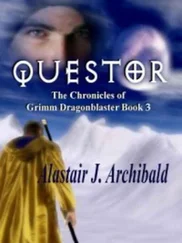Archibald Henry Sayce - Patriarchal Palestine
Здесь есть возможность читать онлайн «Archibald Henry Sayce - Patriarchal Palestine» — ознакомительный отрывок электронной книги совершенно бесплатно, а после прочтения отрывка купить полную версию. В некоторых случаях можно слушать аудио, скачать через торрент в формате fb2 и присутствует краткое содержание. Жанр: foreign_prose, История, foreign_edu, foreign_antique, на английском языке. Описание произведения, (предисловие) а так же отзывы посетителей доступны на портале библиотеки ЛибКат.
- Название:Patriarchal Palestine
- Автор:
- Жанр:
- Год:неизвестен
- ISBN:нет данных
- Рейтинг книги:5 / 5. Голосов: 1
-
Избранное:Добавить в избранное
- Отзывы:
-
Ваша оценка:
- 100
- 1
- 2
- 3
- 4
- 5
Patriarchal Palestine: краткое содержание, описание и аннотация
Предлагаем к чтению аннотацию, описание, краткое содержание или предисловие (зависит от того, что написал сам автор книги «Patriarchal Palestine»). Если вы не нашли необходимую информацию о книге — напишите в комментариях, мы постараемся отыскать её.
Patriarchal Palestine — читать онлайн ознакомительный отрывок
Ниже представлен текст книги, разбитый по страницам. Система сохранения места последней прочитанной страницы, позволяет с удобством читать онлайн бесплатно книгу «Patriarchal Palestine», без необходимости каждый раз заново искать на чём Вы остановились. Поставьте закладку, и сможете в любой момент перейти на страницу, на которой закончили чтение.
Интервал:
Закладка:
Even while I write Prof. Hommel is announcing fresh discoveries which bear on the early history of the Book of Genesis. Cuneiform tablets have turned up from which we gather that centuries before the age of Abraham, a king of Ur, Ine-Sin by name, had not only overrun Elam, but had also conquered Simurru, the Zemar of Gen. x. 18, in the land of Phoenicia. A daughter of the same king or of one of his immediate successors, was high-priestess both of Elam and of Markhas or Mer'ash in Northern Syria, while Kimas or Northern Arabia was overrun by the Babylonian arms. Proofs consequently are multiplying of the intimate relations that existed between Babylonia and Western Asia long before the era of the Patriarchs, and we need no longer feel any surprise that Abraham should have experienced so little difficulty in migrating into Canaan, or that he should have found there the same culture as that which he had left behind in Ur. The language and script of Babylonia must have been almost as well known to the educated Canaanite as to himself, and the records of the Patriarchal Age would have been preserved in the libraries of Canaan down to the time of its conquest by the Israelites.
Perhaps a word or two is needed in explanation of the repetitions which will be found here and there in the following pages. They have been necessitated by the form into which I have been obliged to cast the book. A consecutive history of Patriarchal Palestine cannot be written at present, if indeed it ever can be, and the subject therefore has to be treated under a series of separate heads. This has sometimes made repetitions unavoidable without a sacrifice of clearness.
In conclusion it will be noted, that the name of the people who were associated with the Philistines in their wars against Egypt and occupation of Palestine has been changed from Zakkur to Zakkal. This has been in consequence of a keen-sighted observation of Prof. Hommel. He has pointed out that in a Babylonian text of the Kassite period, the people in question are mentioned under the name of Zaqqalu, which settles the reading of the hieroglyphic word. (See the Proceedings of the Society of Biblical Archaeology for May 1895.)
A.H. SAYCE.
September 30, 1895.
Dynasty XV.—
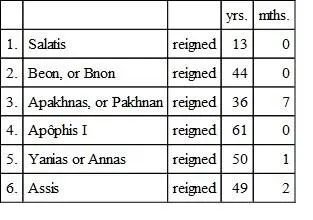
Of the Sixteenth Dynasty nothing is known. Of the Seventeenth the monuments have given us the names of Apôphis II. (Aa-user-Ra) and Apôphis III. (Aa-ab-tani-Ra), in whose reign the war of independence began under the native prince of Thebes, and lasted for four generations.
Dynasty XVIII.—
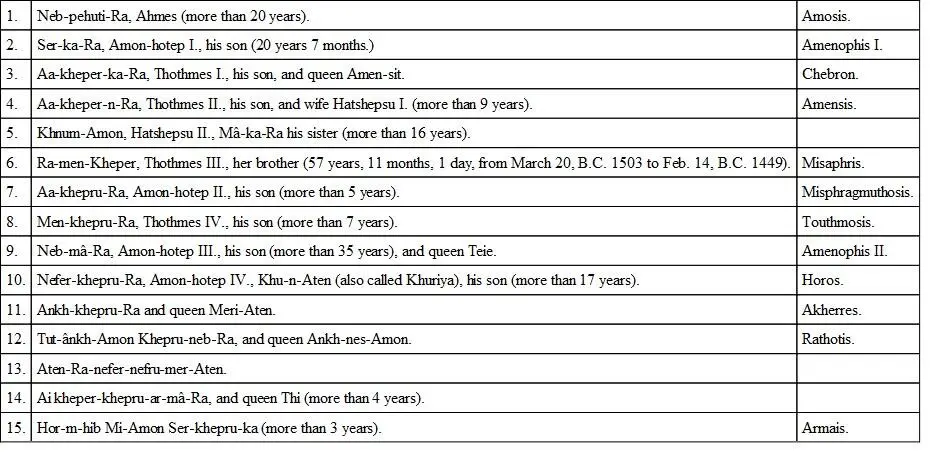
Dynasty XIX.—

Dynasty XX.—
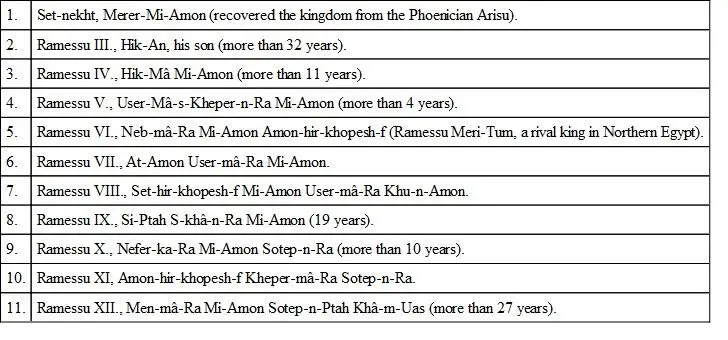
Dynasty I. of Babylon—
1. Sumu-abi, 15 years, B.C. 2458.
2. Sumu-la-ilu, his son, 35 years.
3. Zabû, his son, 14 years.
4. Abil-Sin, his son, 18 years.
5. Sin-muballidh, his son, 30 years.
6. Khammu-rabi, his son, 55 years (at first under the sovereignty of Chedor-laomer, the Elamite; by the conquest of Eri-Aku and the Elamites he unites Babylonia, B.C. 2320).
7. Samsu-iluna, his son, 35 years.
8. Ebisum, or Abi-esukh, his son, 25 years.
9. Ammi-satana, his son, 25 years.
10. Ammi-zaduga, his son, 21 years.
11. Samsu-satana, his son, 31 years.
Dynasty II. of Uru-azagga, B.C. 2154—
1. Anman, 51 (or 60) years.
2. Ki-nigas, 55 years.
3. Damki-ili-su, 46 years.
4. Iskipal, 15 years.
5. Sussi, his brother, 27 years.
6. Gul-kisar, 55 years.
7. Kirgal-daramas, his son, 50 years.
8. A-dara-kalama, his son, 28 years.
9. A-kur-du-ana, 26 years.
10. Melamma-kurkura, 6 years.
11. Bel-ga[mil?], 9 years.
Dynasty III., of the Kassites, B.C. 1786—
1. Gandis, or Gaddas, 16 years.
2. Agum-Sipak, his son, 22 years.
3. Guya-Sipak, his son, 22 years.
4. Ussi, his son, 8 years.
5. Adu-medas, … years.
6. Tazzi-gurumas, … years.
7. Agum-kak-rimi, his son, … years.
(The following order of succession is taken from Dr. Hilprecht.)
14. Kallimma-Sin.
15. Kudur-Bel.
16. Sagarakti-buryas, his son.
17. Kuri-galzu I.
18. Kara-indas,
19. Burna-buryas, his nephew, B.C. 1400.
20. Kara-Khardas, son of Kara-indas.
21. Nazi-bugas, or Su-zigas, an usurper.
22. Kuri-galzu II., son of Burna-buryas, 2. years.
23. Nazi-Maruttas, his son, 26 years.
24. Kadasman-Turgu, his son, 17 years.
25. Kadasman-Burias, his son, 2 years.
26. Gis-amme ti, 6 years.
27. Saga-rakti-suryas 13 years.
28. Kasbat, or Bibe-yasu, his son, 8 years.
29. Bel-nadin-sumi, 1 year 6 months.
30. Kadasman-Kharbe, 1 year 6 months.
31. Rimmon-nadin-sumi, 6 years.
32. Rimmon-sum-utsur, 30 years (including 7 years of occupation of Babylon by the Assyrian king, Tiglath-Ninip).
33. Mile-Sipak, 15 years.
34. Merodach-baladan I., his son, 13 years.
35. Zamania-nadin-sunii I., 1 year.
36. Bel-sum-iddin, 3 years.
CHAPTER I
THE LAND
Patriarchal Palestine! There are some who would tell us that the very name is a misnomer. Have we not been assured by the German critics and their English disciples that there were no patriarchs and no Patriarchal Age? And yet, the critics notwithstanding, the Patriarchal Age has actually existed. While criticism, so-called, has been busy in demolishing the records of the Pentateuch, archaeology, by the spade of the excavator and the patient skill of the decipherer, has been equally busy in restoring their credit. And the monuments of the past are a more solid argument than the guesses and prepossessions of the modern theorist. The clay tablet and inscribed stone are better witnesses to the truth than literary tact or critical scepticism. That Moses and his contemporaries could neither read nor write may have been proved to demonstration by the critic; yet nevertheless we now know, thanks to archaeological discovery, that it would have been a miracle if the critic were right. The Pentateuch is, after all, what it professes to be, and the records it contains are history and not romance.
The question of its authenticity involves issues more serious and important than those which have to do merely with history or archaeology. We are sometimes told indeed, in all honesty of purpose, that it is a question of purely literary interest, without influence on our theological faith. But the whole fabric of the Jewish Church in the time of our Lord was based upon the belief that the Law of Moses came from God, and that this God "is not a man that He should lie." And the belief of the Jewish Church was handed on to the Christian Church along with all its consequences. To revise that belief is to revise the dogmas of the Christian Church as they have been held for the last eighteen centuries; to reject it utterly is to reject the primary document of the faith into which we have been baptized.
It is not, however, with theological matters that we are now concerned. Patriarchal Palestine is for us the Palestine of the Patriarchal Age, as it has been disclosed by archaeological research, not the Palestine in which the revelation of God's will to man was to be made. It is sufficient for us that the Patriarchal Age has been shown by modern discovery to be a fact, and that in the narratives of the Book of Genesis we have authentic records of the past. There was indeed a Patriarchal Palestine, and the glimpses of it that we get in the Old Testament have been illustrated and supplemented by the ancient monuments of the Oriental world.
Читать дальшеИнтервал:
Закладка:
Похожие книги на «Patriarchal Palestine»
Представляем Вашему вниманию похожие книги на «Patriarchal Palestine» списком для выбора. Мы отобрали схожую по названию и смыслу литературу в надежде предоставить читателям больше вариантов отыскать новые, интересные, ещё непрочитанные произведения.
Обсуждение, отзывы о книге «Patriarchal Palestine» и просто собственные мнения читателей. Оставьте ваши комментарии, напишите, что Вы думаете о произведении, его смысле или главных героях. Укажите что конкретно понравилось, а что нет, и почему Вы так считаете.

